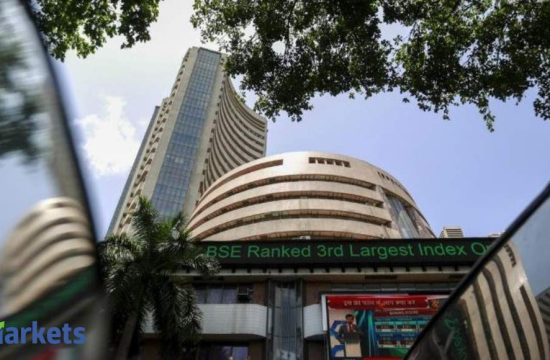
NEW DELHI: RBI on Friday extended the moratorium on loan repayments till August 31, much in line with the expectations on Dalal Street.
However, analysts were still left disappointed, as they were expecting the central bank to come up with a proposal for one-time restructuring of loans and allow some respite to banks in terms of not having to mark to market (MTM) their held-to-maturity (HTM) portfolio.
Some said converting the interest accrued on working capital facilities during the moratorium period into term loans may not be enough and a need may arise for further restructuring of loans going ahead. “The Street was expecting a forbearance clause to restructure the loans of seriously-affected real estate, hotels, airlines and hospitality sectors. What has been announced is not sufficient,” said Ajay Srivastava of Dimensions Corporate Finance Services.
RBI Governor Shaktikanta Das said the interest accrued on working capital facilities during the moratorium period would be converted to a funded interest term loan, which will be payable by end of FY21. “This will provide some relief, particularly to MSMEs and corporate borrowers, who are likely to witness liquidity challenges for an extended period . But, there may be a need to provide a special dispensation for more comprehensive restructuring of loans at least in some of the relatively vulnerable sectors,” said Suman Chowdhury, Chief Analytical Officer at Acuité Ratings & Research.
Equity investors dumped bank stocks on Dalal Street, sensing deeper pain ahead. Shares of ICICI Bank fell 4.81 per cent to Rs 289, while those Axis Bank tanked 4.59 per cent to Rs 340.65. IndusInd Bank, HDFC Bank and Kotak Mahindra Bank fell up to 3.5 per cent each.
Amitabh Chaudhry, MD & CEO at Axis Bank, said earlier this week that the moratorium just pushes the recognition of the problem down the road for a certain period of time in the hope that when economic activity revives, cash flows will come back and things will be okay. “It is a bit of a blunt instrument,” he said, and suggested that a one-time restructuring is allowed.
The extension of the moratorium is good for the economy but, in substance, it will negatively impact banks and NBFCs, said Jimeet Modi, Founder & CEO at SAMCO Securities. He said there was no mention of the loan restructuring or other supportive measures, which was disappointing.
March quarter commentaries of banks showed 25-71 per cent of their loan customers have availed the moratorium so far. Within the retail segment, higher instances of moratorium utilisation were observed in agri loans, micro-credit, commercial vehicle loans and other unsecured retail products like credit cards.
Bandhan Bank said 71 per cent of its loans by value are under moratorium. A total of 64 per cent of the bank’s total advances are to micro-businesses. RBL Bank, whose advances to retail segment now account for 56 per cent of total advances, said 35 per cent of its loans by value were under moratorium. Big lenders with considerable retail portfolios such as ICICI Bank, Axis Bank and Kotak Mahindra Bank have 26-30 per cent of their loans under moratorium.
Amar Ambani of YES Securities says the extension of the moratorium has two sides to it. “First, the clarity on asset quality picture of the lenders will now only emerge by March 2021 instead of September 2020. “Secondly, there is a risk of moral hazard issue creeping in, as borrowers who have the ability to pay, may even opt for moratorium. For MFIs and NBFCs catering to bottom of the pyramid customers, the risk of repayment behavior getting disturbed is higher,” he said.
Data showed most banks have provided moratorium details as of April 30, but have indicated that more customers continued to opt for it even in May. On the flip side, the moratorium extension gives more customers time for recovery in earnings capacity.
“Thus, the probability of them slipping buckets after the end of moratorium on August 31 diminishes, and therefore the NPLs spike for lenders could be lower than what is anticipated now,” Ambani said.









